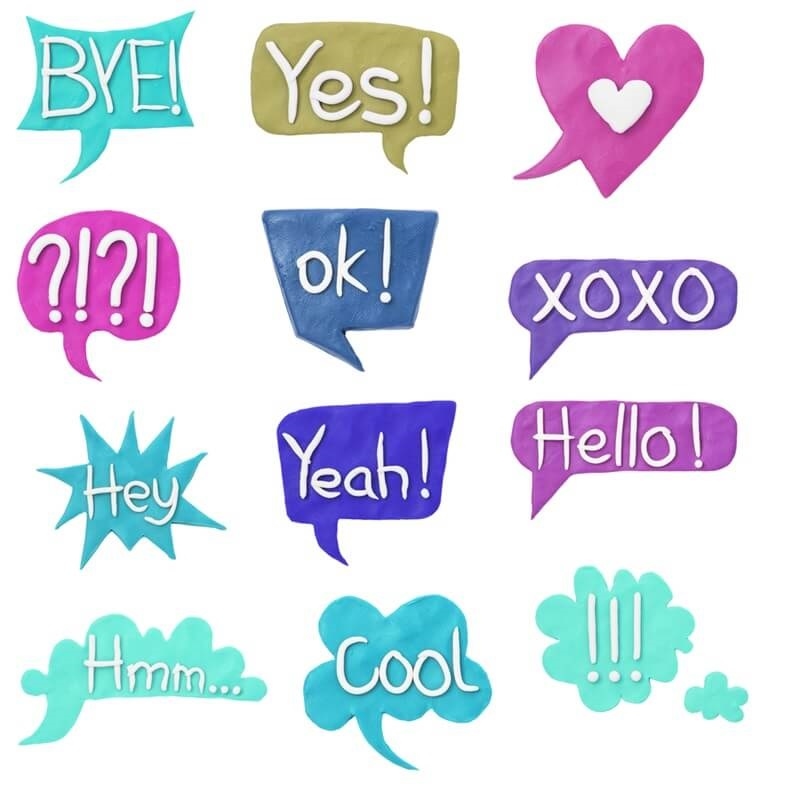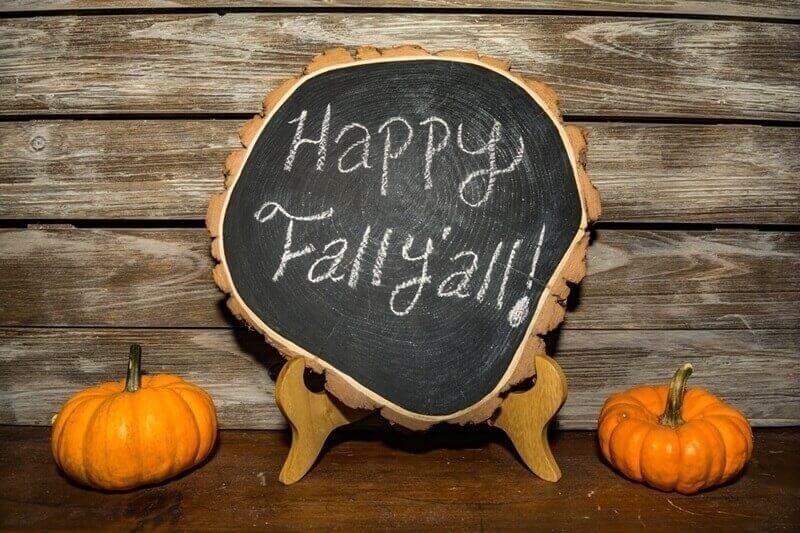
When you travel around the U.S., you quickly notice that people talk differently, even though they're all speaking English. What people call soda, how they say hello, or the words they use for everyday stuff can really change depending on where you are. Understanding the local slang USA regions gives you a way to connect with people and get a real sense of American Culture.
It doesn't matter if you are taking a trip anywhere, moving to another area, or if you just want to find out how people talk in different regions; this guide will provide you with some common slang, regional dialects, expressions, and variations all across the country. It will also highlight some travel language tips and resources to help you develop a way to converse with the locals, no matter where you are traveling.
The U.S. has lots of different communities, each with its own background and history. This affects how people talk, like the words they pick and how they say them. Knowing the local slang USA regions have can help you get to know the people and their way of life.
Plus, it's fun! Using the right local words can make you feel more at home and help you make friends. People like it when you try to talk like them.
The Northeast has cities, a fast pace, and people who talk just as fast. New York, New Jersey, and Massachusetts are known for their special ways of talking.
The fast, no-nonsense way of talking here matches the energy of the place. These USA sayings by state are like little bits of East Coast culture. Watch and listen before you start talking. It's one of the most interesting regional ways of talking in the country.

Southern states like Georgia, Louisiana, and Texas have a more laid-back way of life, and their language shows it. Southern slang is friendly and often comes from older ways of speaking English.
The South has lots of cultural expressions that have to do with being friendly and telling stories. Learning these sayings can really help you fit in. If you use them the right way, Southerners will be glad you’re trying.
In states like Ohio, Illinois, and Minnesota, the local slang is usually based on everyday life. Midwesterners are known for being nice, and their talking shows that.
Midwesterners like things simple, and their words show it. If someone offers you cookies, that’s just “Midwest nice.”
California, Oregon, and Washington have their own style. Their language is often about tech, surfing, and being relaxed.
Whether you’re in Silicon Valley or San Diego, you’ll see how much pop culture affects the way people talk. When trying to learn how to talk on the West Coast, just stay relaxed and go with the flow.
That area in the top left, like Oregon and Washington, is all about nature, coffee, and doing your own thing. Even their slang shows it.
This area has its own way of talking, from caring about the land to doing things themselves. If you visit, expect to hear about saving the planet, hiking, and coffee from local shops.
From Arizona to New Mexico and parts of Texas, the Southwest mixes Hispanic, Indigenous, and cowboy styles.
You will hear Spanish words like gracias, mañana, and vato; this area's makeup of cultures makes it special.
From Florida to the Carolinas, this area mixes beaches with Southern stuff. Lots of tourists come here, so you’ll hear all kinds of accents and slang.
This area is both country and beachy, which makes its local slang really interesting. Knowing what to say helps when you’re in tourist spots or quiet Southern towns.
Across Tennessee, Kentucky, and West Virginia, Appalachia has its own old way of talking from the first people who lived there.
Appalachian talk is like poetry, full of sayings and stories. It’s tied to family and tradition, showing a close community that loves to tell stories.
Even though they're far off, Hawaii and Alaska have their own cool ways of talking.
The American local lingo in these states comes from their history. In Hawaii, saying things right shows you respect their culture. In Alaska, the words show what it’s like to live in the cold and in the wild.
Going somewhere new? Here’s how to talk like a local (or at least understand what they’re saying):
The many ways people talk across the U.S.A. are awesome. Each state, and even each city, has its own voice. Knowing the local slang makes you understand American culture better. From y’all to hella, the United States speaks in all sorts of ways—and each one tells its own story. Whether you're visiting the Midwest, chilling in Hawaii, or hiking in the Pacific Northwest, talking the talk (even a little) helps you fit in and make friends.
So the next time you head out on the interstate, remember: don’t just bring the map. Bring some words and expressions along with you. Oftentimes, the best way to experience a place is to talk like you are from there - even if you are just passing through.
This content was created by AI